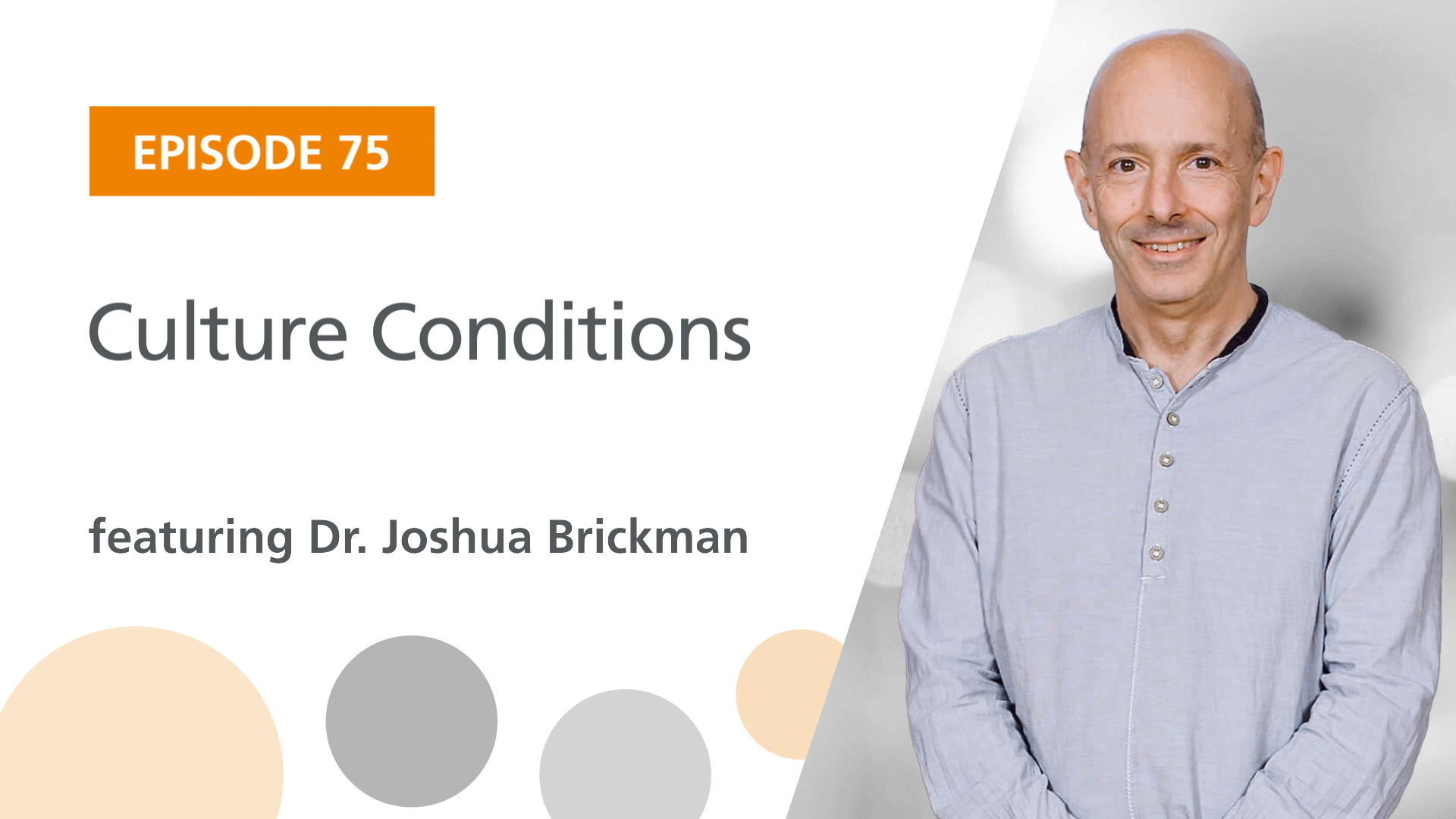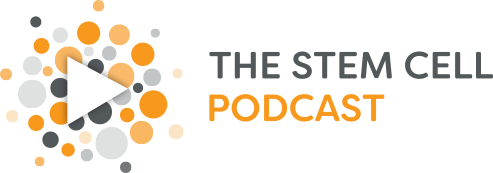
Podcast: Play in new window
Guest:
Dr. Joshua Brickman from the University of Copenhagen discusses his work on stem cells and culture conditions. Professor Brickman’s and his group investigate the basis for transcriptional priming and commitment in embryonic stem cells and early in the specification of the endoderm lineage.
Resources and Links
Scientists Watch as Bacteria Evolve Antibiotic Resistance – A petri dish more than a meter long helped scientists visualize the evolution of antibiotic resistance in E. coli bacteria.
Lyme Bacteria Swap ‘Catch Bonds’ to Navigate Blood Vessels – The corkscrew-shaped bacteria that cause Lyme disease (Borrelia burgdorferi) attach themselves to the sides of blood vessels using special bonds that get stronger under stress.
Maybe You Don’t Need to Burp Your Baby – This article reports that there’s scant scientific evidence that burping after meals actually does anything helpful for babies.
Pigeons Can Read a Little Bit – Pigeons moved from learning to eat from a food hopper, to recognizing shapes, to learning words through gradual training.
Lack of T Cell Response to iPSC-Derived Retinal Pigment Epithelial Cells from HLA Homozygous Donors – Researchers established human retinal pigment epithelial cells from induced pluripotent stem cells (iPSCs) in HLA homozygote donors.
Scientists Use Stem Cells to Grow 3D Lung-in-a-Dish – Researchers at the University of California, Los Angeles have succeeded in creating three-dimensional lung “organoids” by coating tiny gel beads with lung-derived stem cells and then allowing them to self-assemble into the shapes of the air sacs found in human lungs.
Motherless Babies Possible as Scientists Create Live Offspring without Need for Female Egg – This article shows that embryos could be created from cells which carry all their chromosomes leading to the theory that any cell in the human body could be fertilized by a sperm.
Parkin and PINK1 Patient iPSC-Derived Midbrain Dopamine Neurons Exhibit Mitochondrial Dysfunction and α-Synuclein Accumulation – Researchers demonstrate that the identification of disease-related phenotypes in Parkinson’s disease–patient-specific induced pluripotent stem cell (iPSC)-derived midbrain dopamine neurons depends on the type of differentiation protocol utilized.
Photo Reference: Courtesy of Dr. Joshua Brickman

